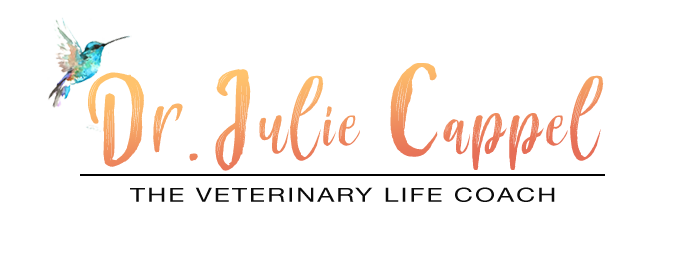Is
your brain a real jerk? Is it
working against your happiness? Mine sure is.
This
week I had several days of wondering why my brain was such a mess. I have a lot going on right now and my
brain is not on board with it all.
Working, writing the blog, developing a presentation, coaching, and
meetings are piling up. I find
myself feeling critical about my clients, my work, my team, and basically my life.
I think things like, “You are not working enough, you must be lazy.”; “You are
too busy!”; and “Just, who do you think you are?” The feeling of resistance in my brain is so fierce because I
have been pushing myself out of my comfort zone.
Every
time I try to change, my brain becomes the enemy.
Why
does this happen?
There
is a portion of our brain that reacts without our control. It is the reptilian brain that was
designed by God or nature to keep us safe in the event of an emergency. In our
modern life and veterinary world we do not have a frequent need for this part
of our brain. But it is always
there and it works against us.
When I first started at my
current hospital many years ago, I was a young veterinarian that longed to work
with birds. The “new” hospital was
run by a veterinarian who was known as the state authority on avian
medicine. He was brilliant! He was the kind of brilliant that could
read something in a textbook a month ago and then tell you the exact page that
the reference was on when you asked him about it later.
During my first year at the hospital,
I frequently went home crying to my husband that I was “stupid” and would never
be able to be an avian veterinarian because of the superior skills of my
mentor. How could I ever be as
competent? I couldn’t remember
what I read yesterday. I KNEW that the doctor thought I was an IDIOT.
The real truth is that he
didn’t really care if I said something stupid or made a mistake. He was happy
to train me and pass on his skills.
He knew that I was just a human with a slightly less impressive brain than
his. He was patient and kind. My thoughts were the things that beat
me up and kept me from embracing the training. Fortunately for me, I did not give up, and now I am a pretty
great avian veterinarian.
Our negative thoughts are not necessarily
wrong or toxic. They are a normal
part of our brain’s resistance to change. Sigmund Freud said that unhappiness is the default position of
our brains – meaning that happiness and positive change takes effort. Doing
things that make you feel off balance will often lead to positive change, but
it really sucks at the time.
When you are fighting this
battle within yourself, surround yourself with supportive people. Talk out your feelings with someone that
loves you to reassure you that you are on the right path. Embrace the uneasy feelings as part of
your growth and don’t fight against them. Understand that your brain does NOT hate
you - it is just doing its job to keep you safe. Say to your brain, “Hello negative thought, I know that you
are just a thought. I plan to move
forward anyway, so you can just be gone.”
Once you realize that the negativity you feel is just your defense
mechanism, you can let it go, move on, and develop a more positive
outlook.
You will bravely step into the
change that your mind fears.
“One day, in retrospect, the years of struggle
will strike you as the most beautiful.”
- Sigmund Freud
Dr. Julie Cappel








